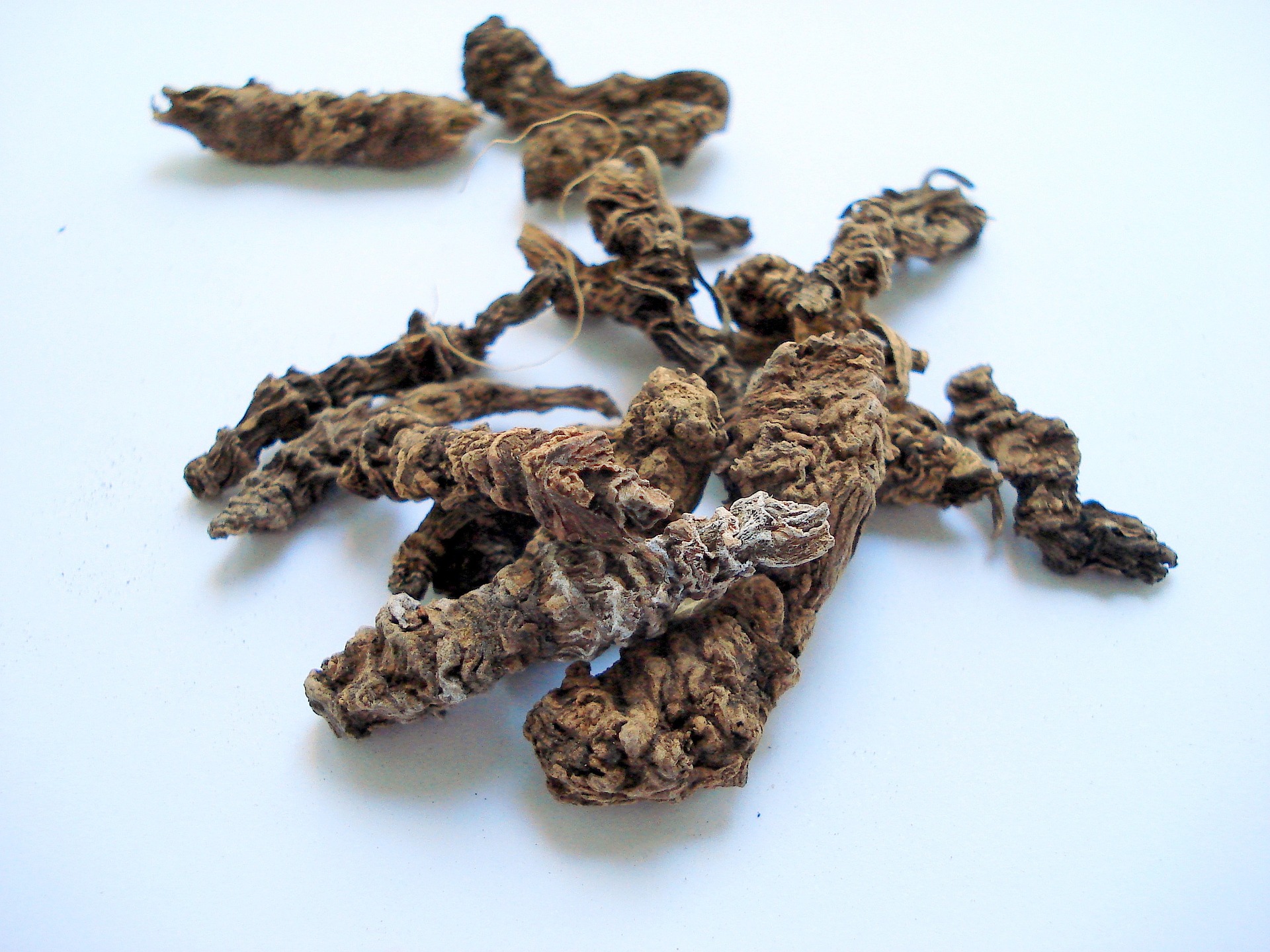Herbal roots have been used as natural remedies for a wide variety of health issues since time immemorial. Roots of plants contain high amounts of nutrients, vitamins and antioxidants that can help boost the immune system and stave off infections.
Some popular and trusted herbal roots used in traditional medicines are turmeric, ginseng, licorice and echinacea. They are heavily relied on, as they have fewer side effects than conventional medication.
Another great example is the valerian root, although it is not frequently recommended due to safety concerns regarding its use. But while many people are unfamiliar with it, the root has actually been used for centuries in a diverse range of medicines.
Native to parts of Europe and Asia, the root has remedial properties for treating insomnia and anxiety, among other benefits.
History Behind Valerian Root
The centuries-old herb was predominantly used in sleep-aid medicines in Rome and Greece. It primarily contains valerenic acid, an active ingredient with sedative effects.
Other issues like fatigue, digestive problems and migraines are also treated with the help of this herbal root. Apart from being rich in the sedative compound, valerian root also has essential vitamins and minerals like magnesium, calcium and B vitamins.
4 Key Benefits of Valerian Root
Research is still being done to have a better understanding of the benefits of valerian root, but some commonly understood benefits are as follows:
It Promotes Good Sleep
Scientists believe that due to the component being rich with lignans, flavonoids and valepotriates — plant compounds that act as sleep aides — it provides good outcomes when used as sleep medication.
The recommended use for the root is limited between 300 and 600 milligrams per day, and one should ideally seek a medical practitioner’s guidance before using it.
It Reduces Anxiety
As mentioned above, the main active ingredient in valerian roots is valerenic acid, which is believed to interact with the gamma-aminobutyric acid (GABA) receptor in the brain, thus relaxing the brain’s wires and reducing anxiety, as per Medical News Today.
It Eases Premenstrual Syndrome (PMS) Symptoms
The condition comes with an array of physical and emotional symptoms that many women experience before their menstruation arrives. They can include anxiety, irritability, mood swings and difficulty sleeping.
Valerian root is thought to have muscle-relaxing properties that help lessen period cramps and ease the accompanying symptoms, according to a 2021 study published in the journal Molecules. However, the theory is only partially accepted by researchers due to the inconclusive evidence available.
It Regulates Blood Pressure
Alongside ensuring better sleep quality, valerian root regulates blood pressure, which is key in maintaining heart health. According to a 2005 study published in the Journal of Ethnopharmacology, valerian root contains rhizome, which can maintain blood pressure within a normal range.
How to Consume Valerian Root
Valerian root can be consumed in many forms—either as tea, as tablets or as tinctures. Whichever way it is taken, the active biological compounds show promising results in treating the conditions mentioned above.
Although there are speculations that this plant-based remedy is better than standard prescription anxiety medication, there are still some risk factors involved in its use. According to a report published in the U.S. News, some people are advised against using it. Meanwhile, those who can use it are told to practice caution and seek professional assistance.
The risk group includes pregnant or breastfeeding women and people who are using other sedative medications or anti-depressants. One should also remember to never combine it with melatonin, another type of natural supplement known to help with sleep.
Pixabay
Published by Medicaldaily.com


